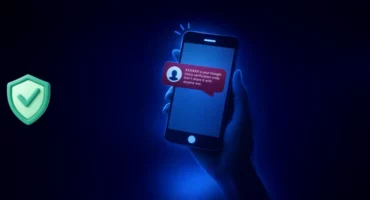Is AnyDesk Safe? What You Should Know Before Using It for Remote Access
Is AnyDesk safe to use? Well, it’s questionable. The remote desktop tool offers encryption and plenty of permission switches. But going deeper into the AnyDesk safety topic and things get interesting. Why? There was a notorious breach incident in 2024. Another thing is that con artists love the friction-free remote access, which also opens doors to a wide range of remote access scams.
This guide gives you a candid AnyDesk security review, explains the 2024 breach, lists the tricks scammers use, and shows how adding VeePN on top can bulletproof your remote sessions. Let’s get to the point!

What security features AnyDesk offers
When it comes to AnyDesk security, the platform does offer a set of tools to keep your remote access activities safe if you use them properly. Here’s how AnyDesk tries to make users’ remote access safe to use:
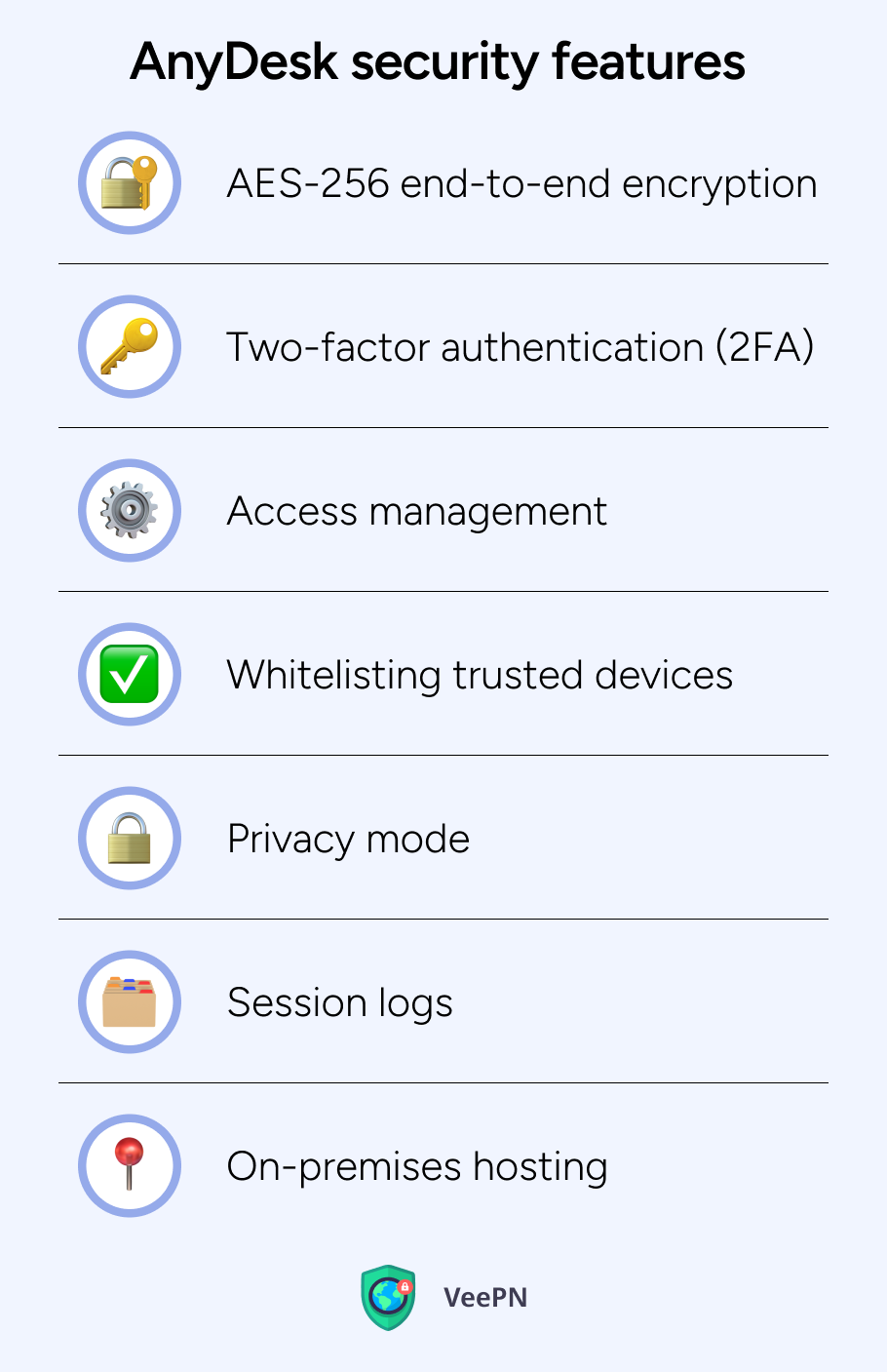
AES-256 end-to-end encryption
Every session is locked down with AES-256 encryption. This way, even if someone intercepts your traffic, all they’ll see is encrypted gibberish.
Two-factor authentication (2FA)
You can enable two-factor authentication (also known as multi-factor authentication) on both your device and your AnyDesk account by adding an extra security code on top of your password.
Access management
With AnyDesk, you can decide exactly what the other side can do. You can restrict remote access activities, like whether someone can control your mouse, copy files, or just observe your screen. Plus, with Access control lists, you can allow only specific remote devices to connect at all. Users can even disable interactive access at all so that nobody can pop into your screen unless they have a password.
Whitelisting trusted devices
You can restrict access to only known devices or IPs, keeping your system invisible to unknown connections.
Privacy mode
Another clever feature, it allows you to black out your screen during a session. That way, no one standing next to the remote device can peek at what you’re doing.
Session logs
AnyDesk keeps session logs so you can track all remote access activities. This one is good for audits or checking for security protocol violations.
On-premises hosting
If you want total control, you can run AnyDesk entirely on your own local servers. This lets you apply your own digital security policies and keep data from ever touching AnyDesk’s cloud.
Sounds quite strong, agree? These features should’ve made AnyDesk a pretty solid remote access solution. Yet the unpleasant hack still happened, and there are con artists always seeking the chance to get gullible users scammed.
AnyDesk security threats you may face
Let’s talk about the dark side of this remote access software and other AnyDesk app scams that happen mostly because con artists abuse people’s trust:
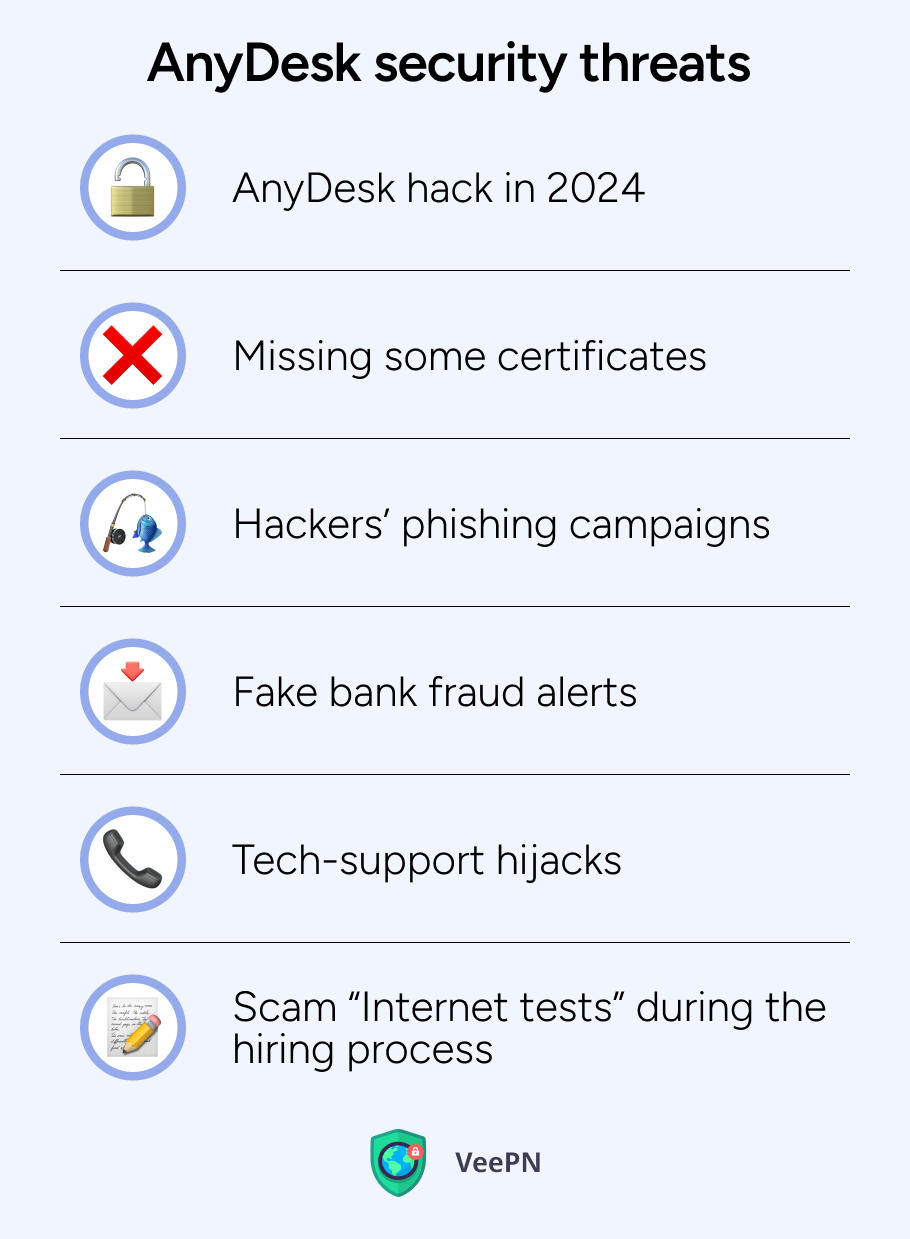
AnyDesk hack in 2024
In early 2024, AnyDesk admitted they got hacked. Their internal systems were compromised, though they say it wasn’t ransomware. To be safe, they removed their old security certificates, reset all passwords for their user portal, and told users to update their software.
While the company insists the hack didn’t touch users’ devices directly or sneak anything nasty into the software itself, some hackers started selling thousands of AnyDesk login credentials on the dark web. AnyDesk claims those probably came from malware infections on users’ own devices, not the attack on their servers. But what happened in reality is still an open question.
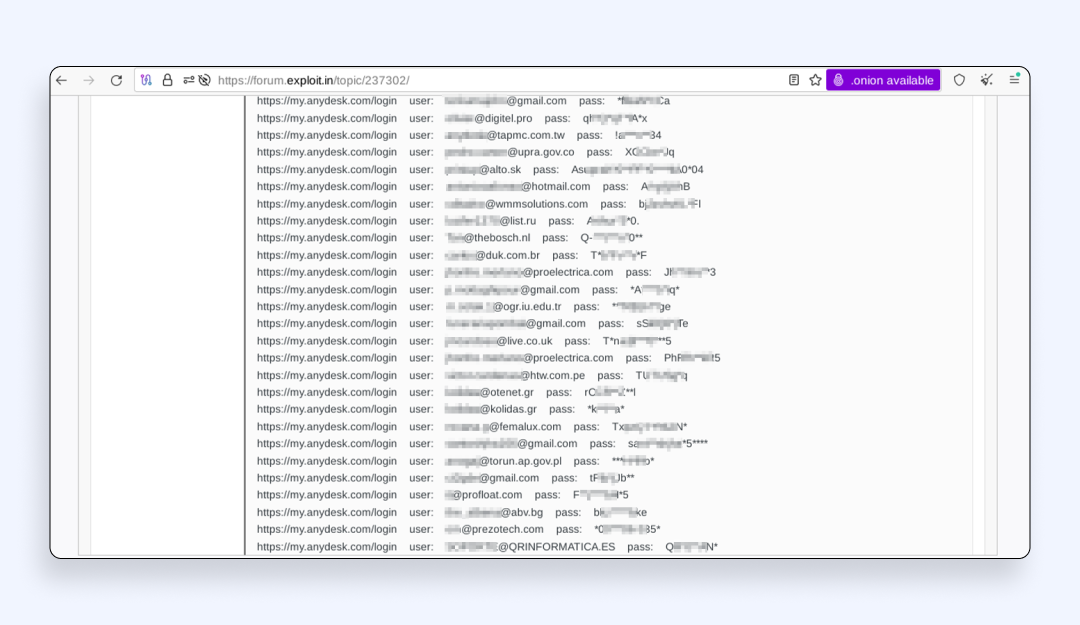
Missing some certificates
Yes, AnyDesk ticks off ISO 27001 and GDPR. But it still lacks SOC 2 Type II, HIPAA, PCI-DSS, and NIST CSF attestations. Without them, regulated businesses can’t prove the app protects personal or financial information or bank account data to the levels these auditors demand.
Hackers’ phishing campaigns
Hackers tricked corporate employees into downloading an old but legitimate version of AnyDesk. To make them do that, the attackers sent emails or texts pretending to be from banks or other financial services to trick victims into installing what’s pitched as a “live chat” app. In reality, once the victim runs the program and shares the access code, the attackers can take over the computer and make it look like the user is doing everything themselves.
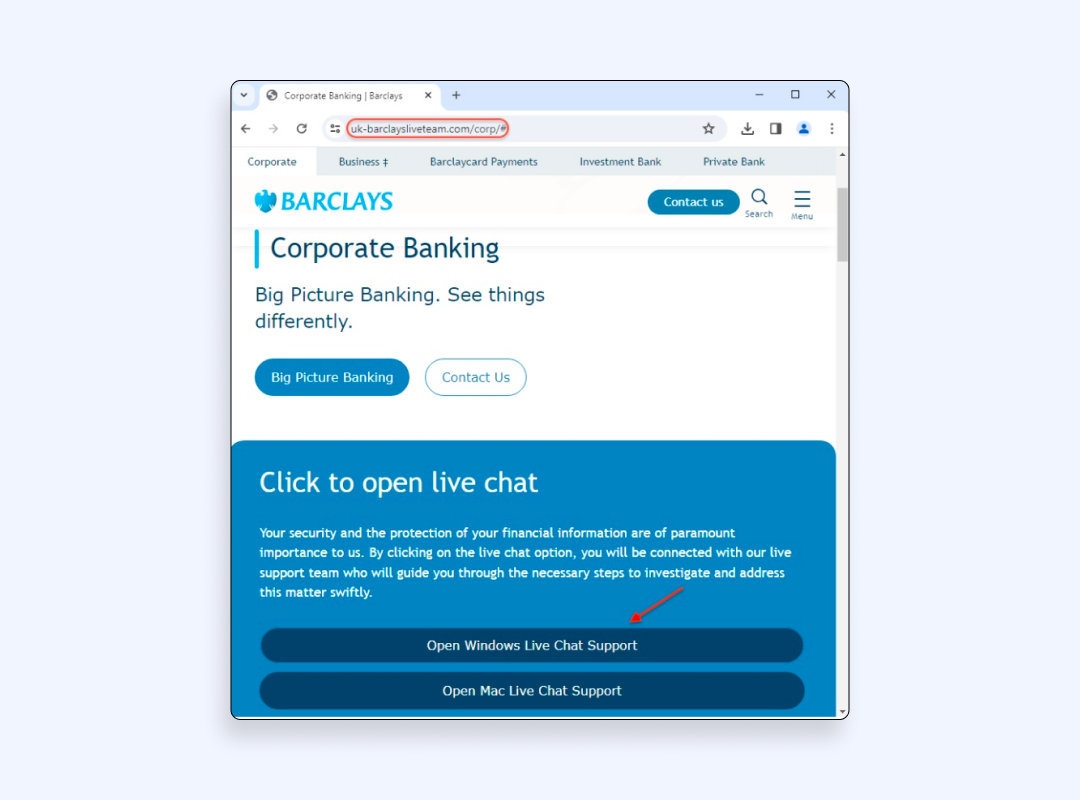
Fake bank fraud alerts
A retired banker lost $5,000 after scammers tricked him into downloading AnyDesk. Pretending to be from his Internet provider, the scammers told him it was needed to fix his slow connection. Once he installed it and followed their sneaky request to put his phone face down, they gained full control of his device and drained his bank account.
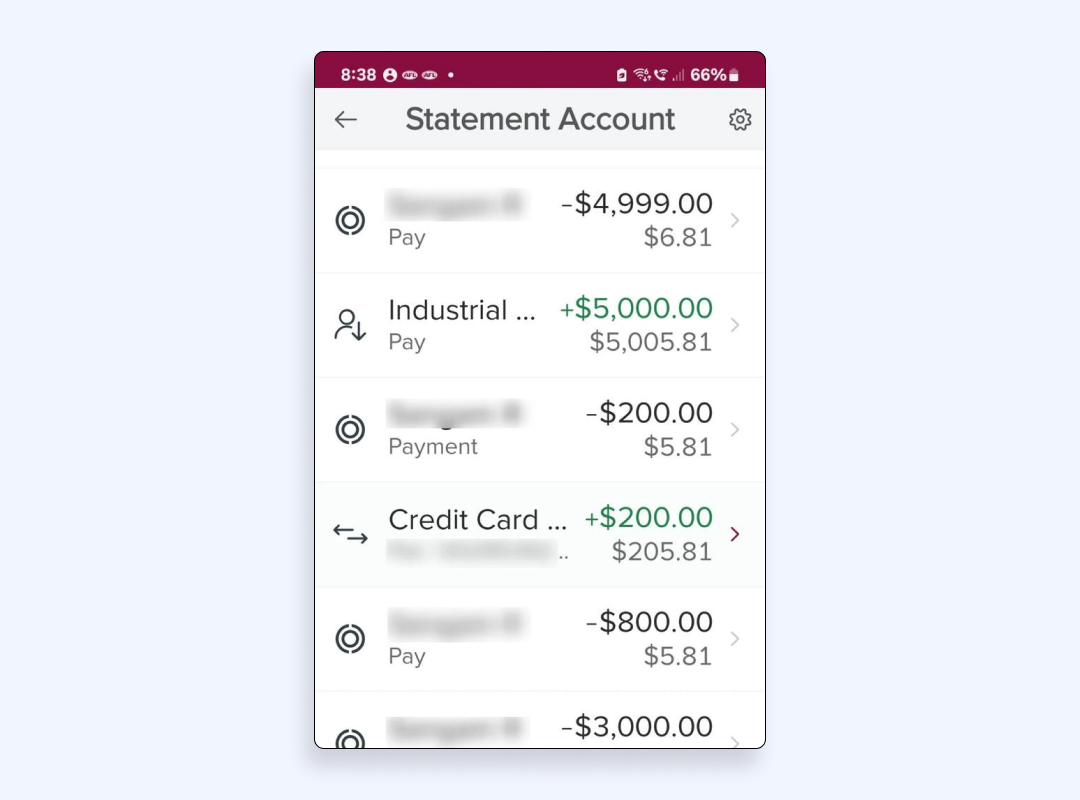
Tech-support hijacks
When scammers call you, they usually pretend to be from Microsoft or your Internet company. They sound polite, professional, and urgent. They tell you there’s a serious problem with your computer: maybe it’s been hacked, maybe your Internet connection is at risk, or any other fake reasoning. Then they ask you to download AnyDesk, claiming it’s a tool that will let their “technician” show you what’s wrong. But once you install it and give them the access code, they can do God-knows-what things they get on your device.
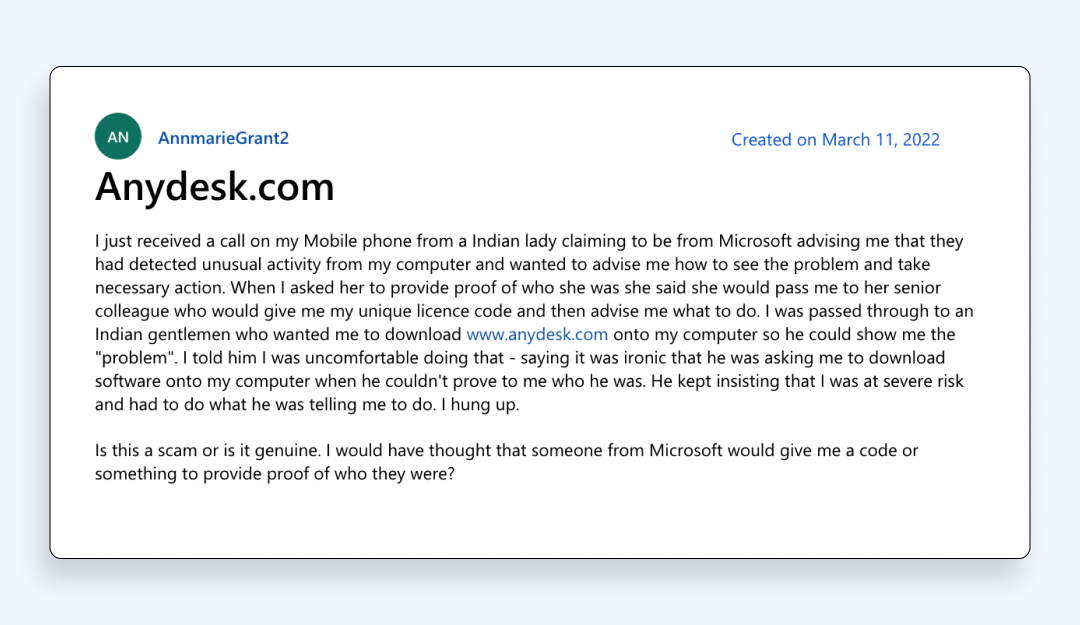
Scam “Internet tests” during the hiring process
Some Reddit users share that there are scammy so-called recruiters who ask applicants to keep AnyDesk running “for an Internet speed test” before hiring a candidate for remote work. It’s likely to be another type of AnyDesk scam.
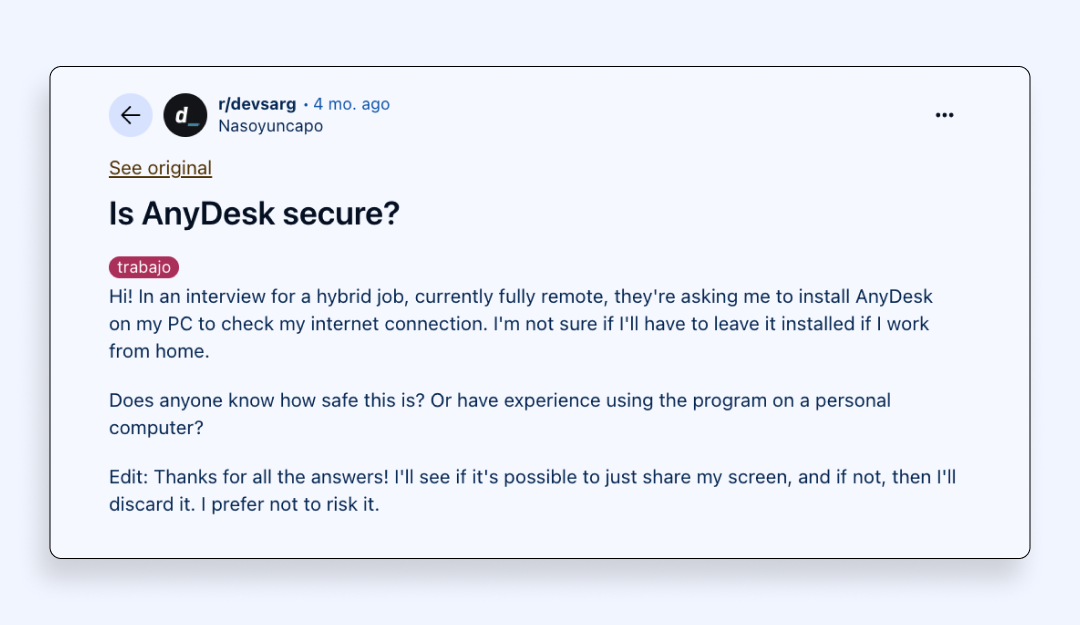
Now that you’re prepared for what can potentially happen, let’s consider what you can do to protect your online privacy when using AnyDesk or other remote access systems.
How to avoid remote access scams when using AnyDesk
Sadly, you can’t control how scammers behave. But what you can control is the way you respond to not become the next victim of their dirty schemes:
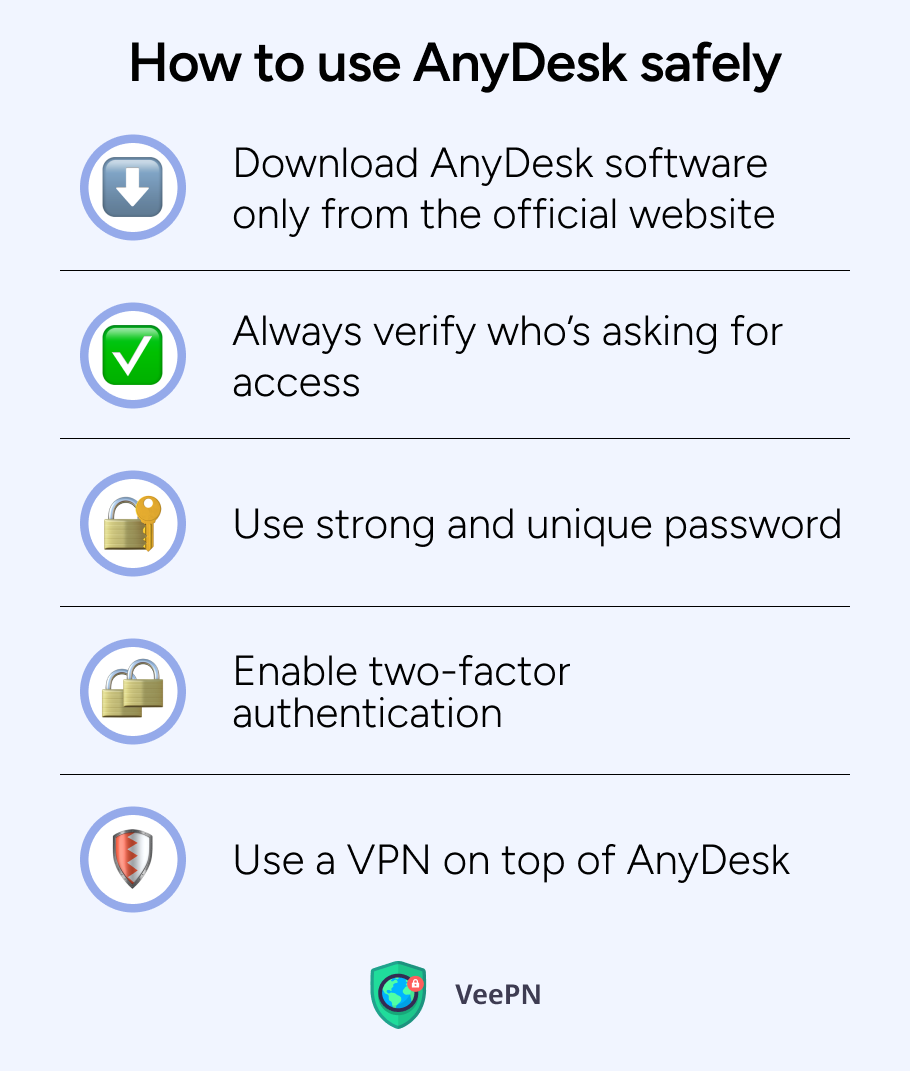
Download AnyDesk software only from the official website
Never trust links you get in emails. Always get your AnyDesk installer from the official site with the padlock and correct address.
Always verify who’s asking for access
Don’t click or agree just because a pop-up says so. Call your manager or the actual tech support team on another channel before letting anyone into your system via AnyDesk.
Use strong and unique password
Forget pet names and birthdays. Use long, totally random passwords that no one could guess. Create or generate at least 16 characters with letters, numbers, and symbols. Worry about forgetting or losing them? You can use a password manager for it and never reuse the same password for other remote access tools or other platforms.
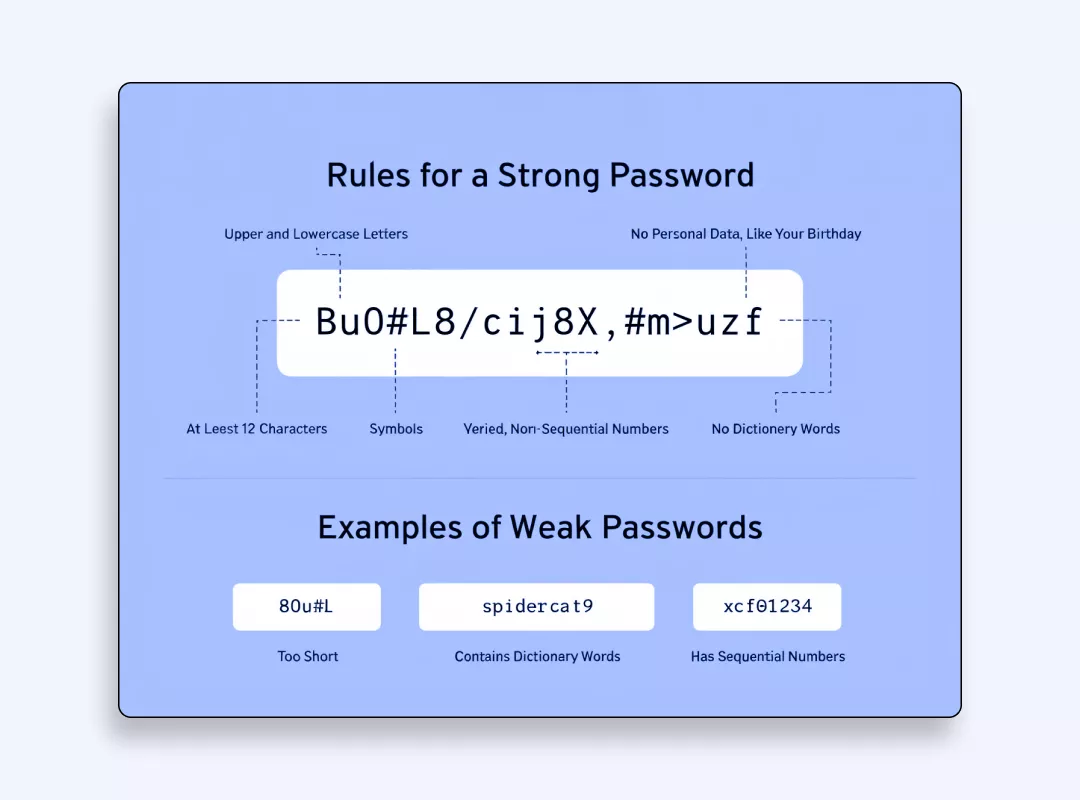
Enable two-factor authentication
Though having a strong password is vital, don’t rely solely on it. With two-factor authentication, even if someone guesses or steals your password, they can’t log in without a special code from your phone.
Use a VPN on top of AnyDesk
A VPN adds an additional encryption layer, hides your IP, and protects you from DNS leaks, especially when you’re using remote access systems on unprotected public Wi-Fi spots like those in coffee shops or airports.
But not all VPNs are the same. Free VPN providers might look like an easy way to boost your digital security, but in reality, they often do more harm than good. Many of them fail to offer strong security protocols, and leave your data exposed to websites you visit or leaking your real IP. What is worse, some free VPN services make money by tracking what you do online and selling that info to third parties. Others flood you with annoying ads or even hide malicious software in their apps.
So, consider using a reliable VPN provider like VeePN.
Enhance your privacy and security when using AnyDesk with VeePN
Here’s what VeePN offers:
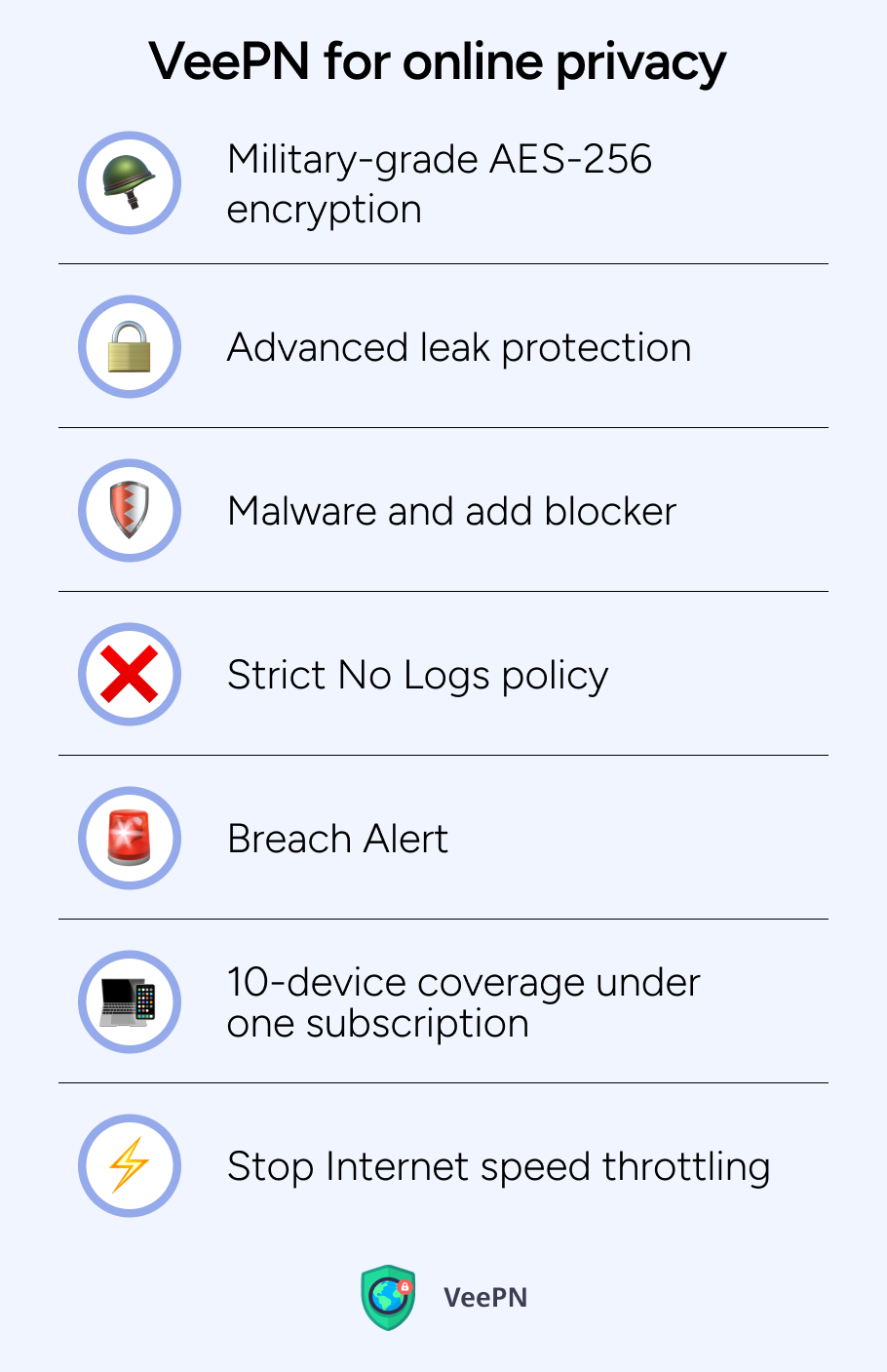
Military-grade AES-256 encryption
Traffic already encrypted by AnyDesk gets wrapped in another cipher layer. Even if scammers intercept packets, the double coating keeps your sensitive data unreadable.
Advanced leak protection (DNS, IPv6, WebRTC)
If your VPN disconnects, VeePN’s Kill Switch instantly blocks all Internet traffic to prevent IP address leaks. It will help to keep your data and identity safe, even when sudden connection drops happen.
Malware and add blocker
VeePN’s built-in NetGuard feature stops you from gaining access to fake websites, malicious ads, and links that try to make you “download software” laced with spyware or trick you into phishing traps.
Strict No Logs policy
VeePN never logs your connection timestamps, access codes, or which unsecure or secure remote access activities you perform.
Breach Alert
VeePN’s Breach Alert feature will keep you informed if your credentials show up in known data leaks. This way, you can immediately secure your AnyDesk sessions and other accounts before cybercriminals take advantage of your data.
10-device coverage under one subscription
You can protect laptops, desktops, and mobile devices used for on-call fixes or remote work security tasks without juggling accounts.
Stop Internet speed throttling
Your Internet Service Provider (ISP) knows about high bandwidth activities like heavy remote desktop application sessions in AnyDesk, streaming content, or gaming. You can connect to one of the 2,500+ servers in 89 locations to a nearby node for low-latency support calls or spin up distant endpoints and successfully bypass ISP throttling.
Try using VeePN without any risks with a 30-day money-back guarantee.
FAQ
Can’t give a direct answer here. Even though AnyDesk offers encryption and granular access controls, it was hacked in 2024. That’s why you might consider adding one more layer of defence from online threats, VeePN. Read the details in the article.
The software itself is not a scam. But scammers posing as “helpful” tech support agents sure are. If someone you don’t know asks for a session, hit decline. They’re actually fishing for a way to steal data, not fix your device.
It has security features, but it’s finally as strong as you make it. Flip on enable multi-factor authentication, set permissions wisely, limit which PCs are accessing devices, and add a solid layer of VPN protection with VeePN. Those quick tweaks close most loopholes scammers rely on.
It was already hacked in 2024. Again, no tool is bulletproof. Attackers aim for weak passwords or trick you into giving direct access when you remotely access another machine. Keep the app updated, use 2FA, VeePN, and verify every request. Read more details on how to protect yourself in the article.
VeePN is freedom
Download VeePN Client for All Platforms
Enjoy a smooth VPN experience anywhere, anytime. No matter the device you have — phone or laptop, tablet or router — VeePN’s next-gen data protection and ultra-fast speeds will cover all of them.
Download for PC Download for Mac IOS and Android App
IOS and Android App
Want secure browsing while reading this?
See the difference for yourself - Try VeePN PRO for 3-days for $1, no risk, no pressure.
Start My $1 TrialThen VeePN PRO 1-year plan



